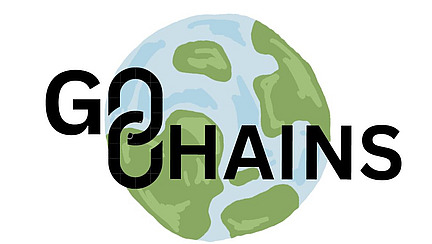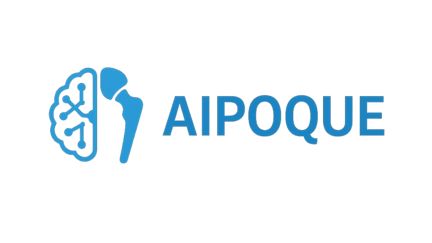Research Projects
The department conducts ongoing research projects on current problems from academic discussion and practice. Research at the Department of Management Accounting and Information Systems is both design-oriented with a focus on conceptual issues (design science, reference modeling) and experimental (simulations, experimental laboratory) as well as empirical.
The current focus of research is on
- e-health
- Human-technology interaction
- Augmented / Virtual Reality
- Artificial intelligence
- Big data analytics
- Blockchain
- Cloud computing / IT security
- Green IT and sustainable information management
Research in teaching / projects with companies
Projects are also carried out in cooperation with companies. The research focuses of the department are closely interlinked with the courses offered in order to achieve corresponding synergy effects: New findings from innovative research are constantly incorporated into teaching. As part of the project seminars, students are also involved in research transfer through joint projects with companies.
Here you will find a selection of articles that have been published in highly ranked journals.

Completed research projects
The following projects are currently completed, but still represent an area of knowledge for our department:
Term: 01.07.2021 until 31.12.2024
The project "Marketplace lending: A brave new lending world? Interdisciplinary research on platform architecture to foster sustainable finance" is being funded in cooperation with the Lower Saxony Ministry of Science and Culture from the Volkswagen Foundation's "Niedersächsisches Vorab" with almost € 645,500 over the next three years. Marketplace lending platforms (MPL), through which debt capital is arranged, are a prominent example of so-called FinTechs. The architecture of these platforms and the way in which they process information differs from that of established financial intermediaries such as banks, potentially enabling a shift towards a more sustainable allocation of financial resources.
Term: 01.10.2022 to 30.09.2024
The aim of the XR-Crafting project is to use state-of-the-art technologies such as motion tracking and eye tracking to record real working environments and actions and transfer them into the virtual world as a digital twin. The mapping of the real working environment in the virtual world can be used as a knowledge and experimentation space for employees of cooperating small and medium-sized enterprises (SMEs) from the surrounding area using modern VR-HMDs. The aim is to improve problematic working conditions and situations according to the principle of job crafting and reduce stress according to the bottom-up principle. A scientific evaluation is carried out from an organizational, technical and methodological perspective by examining the usefulness, completeness and efficiency of the approach and technical artefact.
Term: 01.10.2019 to 31.03.2024
In rural regions, there is often a bottleneck in care provision. ReKo is understood as a case management organization that is characterized by effective case management and process design. It is characterized by cross-sectoral and interrelated case support for recipients of assistance and the strengthening of inter-municipal networking. A central component is a digital ecosystem that improves the exchange of information and communication between the stakeholders involved. The digital ecosystem enables the transparent presentation of health data and the self-determined sharing of data by users.
Term: 01.07.2019 until 31.12.2022
The interdisciplinary research and development project SoDigital deals with the digital redesign and mapping of business processes in small and medium-sized enterprises (SMEs). Virtual reality (VR) opens up new opportunities to involve the employees involved as valuable experts in process design. The aim of the "SoDigital" project is to develop a virtual reality tool - the SoDigital VR box. With its help, business processes in SMEs can be redesigned intuitively and vividly with the participation of employees and managers, taking comprehensive account of social and technical requirements.
Term: 01.01.2019 to 31.12.2021
Pharmacies have faced ever greater challenges in recent years, such as a shortage of specialist staff or increasing competition from online pharmacies. However, as the local pharmacy is a mainstay of healthcare and an important point of contact for patients with health issues, pharmacies should be strengthened, especially in rural areas. In cooperation with the Westphalia-Lippe Pharmacists' Association and the EUREGIO health region, the UWI is investigating the opportunities offered by digitalization to improve and expand the range of advice and care provided by pharmacies.



